There is something about the Venice Simplon-Orient-Express that quiets the noise of modern travel. The soft clatter of wheels, the glint of cut crystal against polished marquetry, the rhythm that makes a jacket feel right at lunch. In May 2026, Belmond will give that ritual a new direction. For the first time, the legendary train will run from Paris to the Amalfi Coast, linking two of Europe’s most storied landscapes by rail.
The three-night itinerary, called Villeggiatura by Train, is built around slow travel. It begins as tradition requires, with Champagne in Art Deco carriages designed for conversation rather than haste. Historic Cabins with lacquered veneers, Suites with deep armchairs, and Grand Suites with private dining setups all reflect Belmond’s quiet precision. Dinner arrives under white linen and silver, the air scented with beeswax and citrus. The route moves through the familiar poetry of rivers and peaks before the cliffs of Ravello appear.
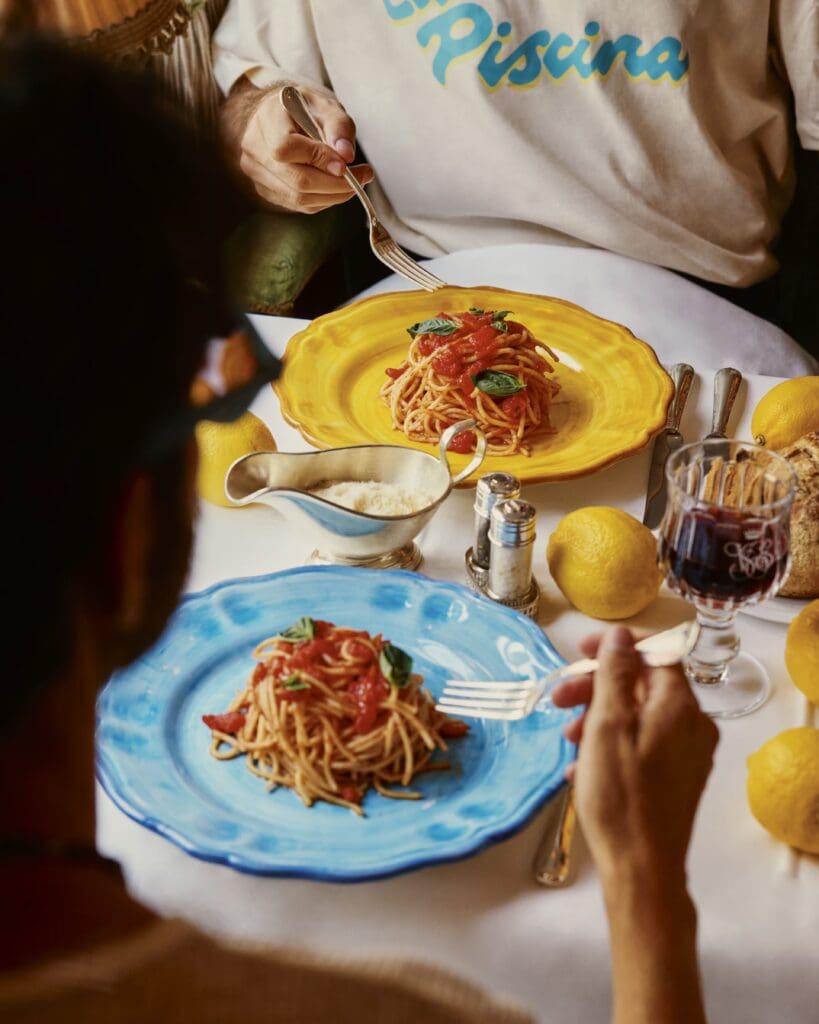
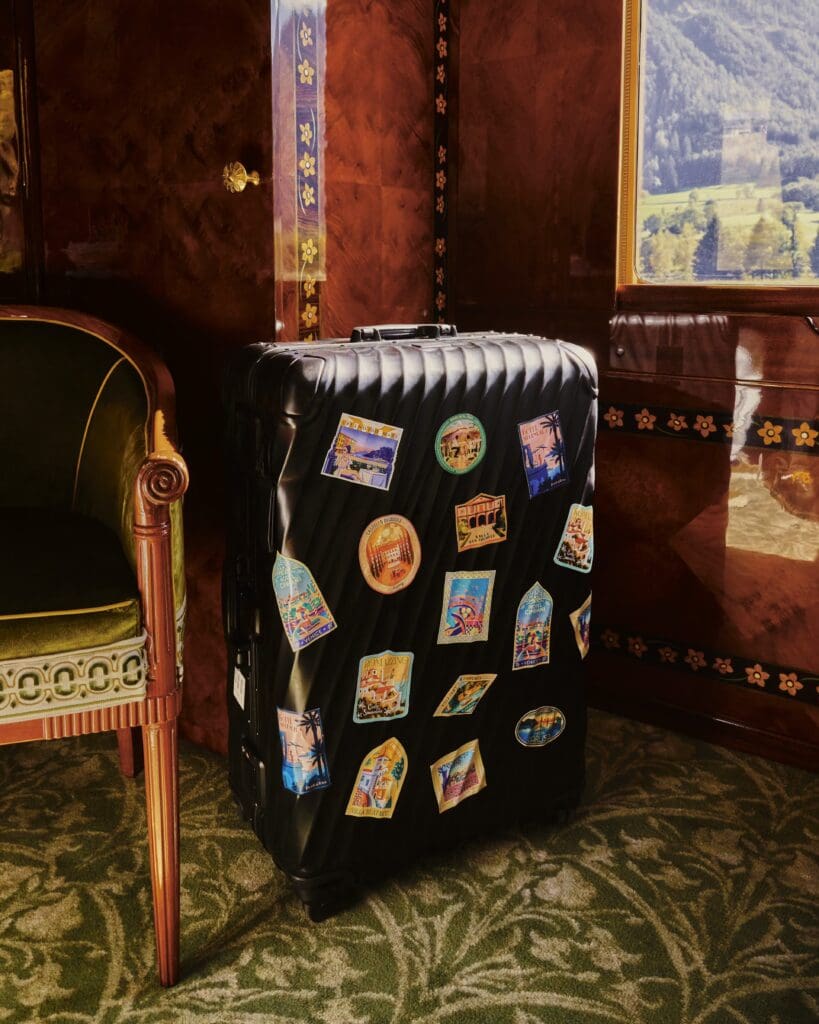
A new stop in Pompeii adds substance rather than novelty. It is not about ticking a box but about context, the chance to walk streets frozen by ash and sunlight, to touch stone that has held centuries of warmth. The pause connects eras of travel, from grand tour to grand hotel to grand rail. From there, guests continue to Caruso, A Belmond Hotel, Amalfi Coast, perched high above the sea. The rhythm changes from the train’s measured sway to coastal stillness. The scent of lemon zest and salt, the hush of hanging gardens at dusk, the feeling of time stretching. Programming stays close to place, from open-air cooking demonstrations and private boat tours to the option of doing nothing at all.
Pascal Deyrolle, General Manager of the Venice Simplon-Orient-Express, calls the route a celebration of art de vivre, heritage and emotion. The idea works because Belmond has been creating a connected system rather than a collection of routes. Its strength lies in linking its icons, and pairing the train with Caruso feels natural. It continues a strategy that favors coherence over novelty.
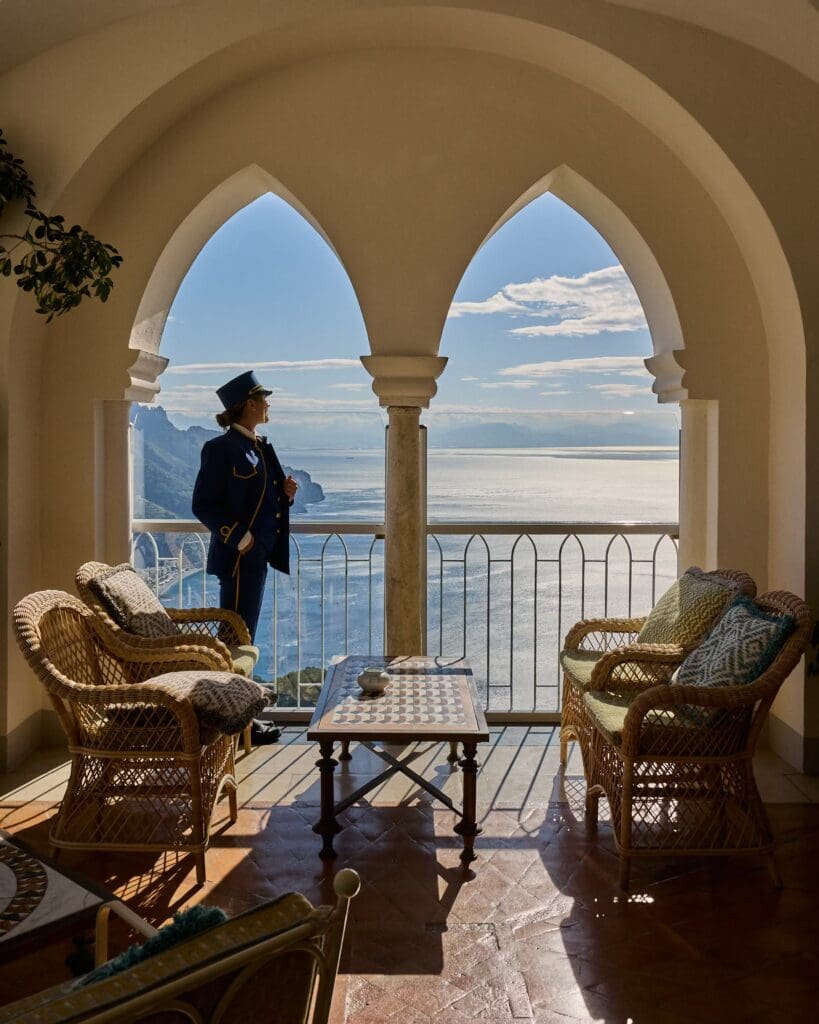
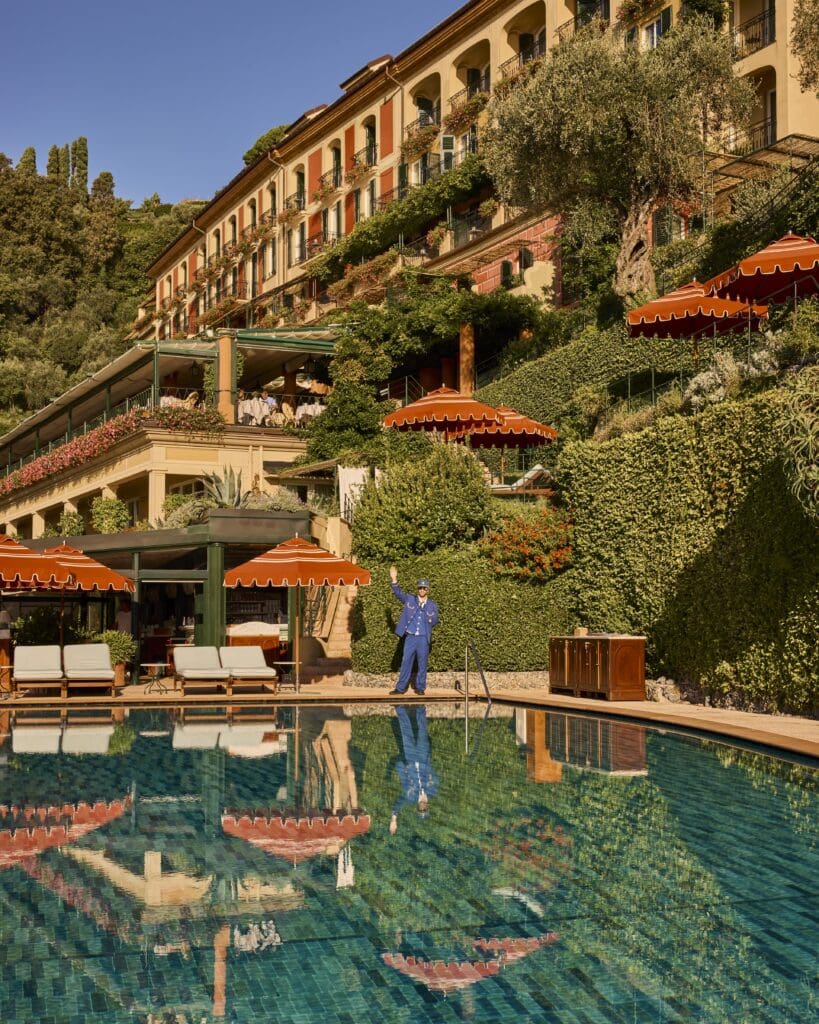
The timing is right. High-end travel is turning from short, fragmented weekends toward longer journeys that feel intentional. Rail, when done at this level, offers an antidote to airport churn. You check in once, dress for dinner, and sleep as Europe passes by. There is also a quiet return to experiences that can be remembered without a screen. The weight of wood under the fingertips, the slow pour of a martini, a view framed by a carriage window. The Paris to Amalfi journey meets that instinct without overreaching.
The Amalfi Coast is delicate and often overburdened. A fixed-capacity train and a hotel known for restraint cannot solve that, but they represent a slower, more deliberate rhythm. The value lies not in reaching somewhere exclusive, but in how you reach it and the continuity of tone between journey and stay.
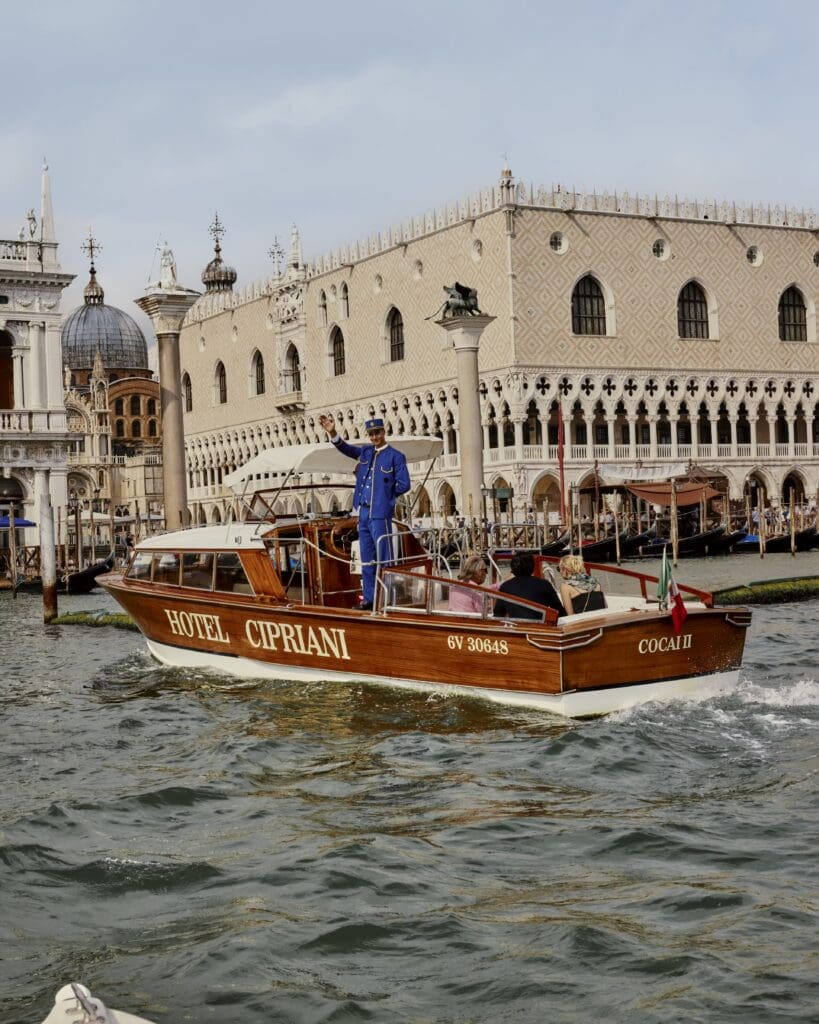
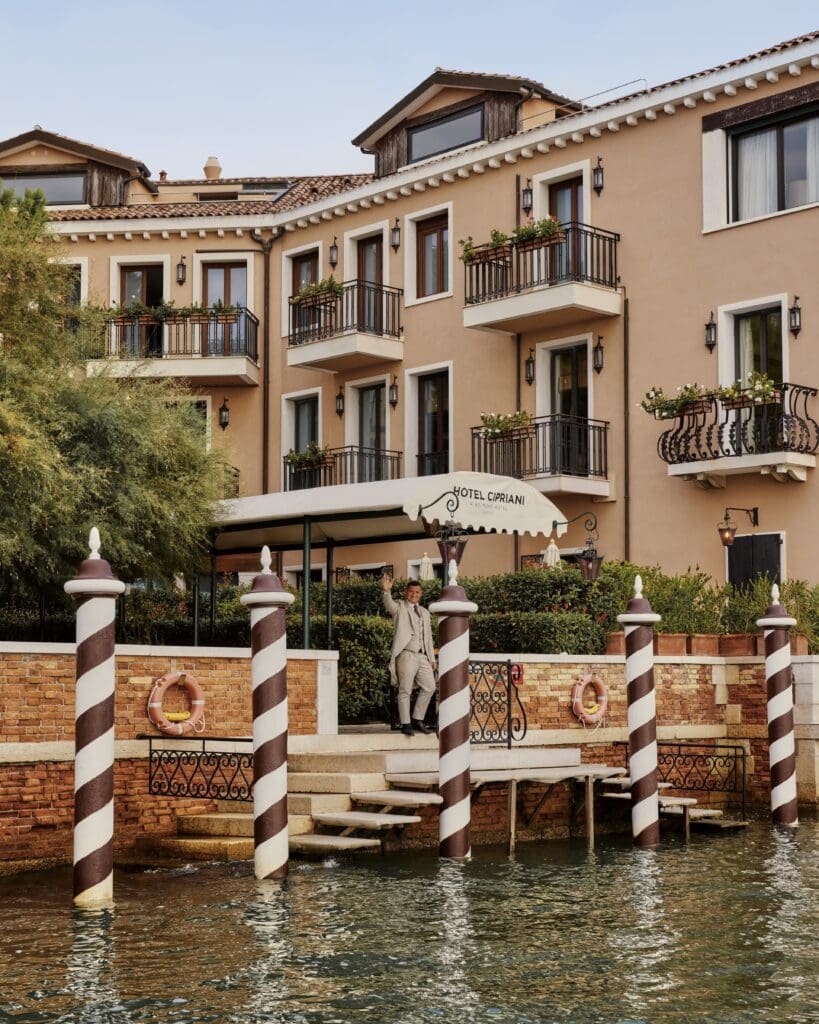
For the modern traveler, this is travel as conduct. It asks for a light suit, a book worth finishing, and the willingness to follow the schedule rather than fight it. Breakfast on starched cloth as sunlight catches the glass, a quiet hour after lunch as the Alps pass by, a walk in a garden where water is the only sound. None of it is performative, all of it is deliberate.
The confirmed details are simple. Three nights from Paris to Amalfi with a stop in Pompeii and a stay at Caruso. Pricing has not been announced, but the intent is unmistakable. This is not a trophy route. It is a confident extension of a classic.
The Orient Express to the Amalfi Coast will not change the world, but it may recalibrate a few calendars. For those who value pace, ritual and the art of watching Europe unfold, it is a chapter worth reading. That is enough.
Read more about travel here.